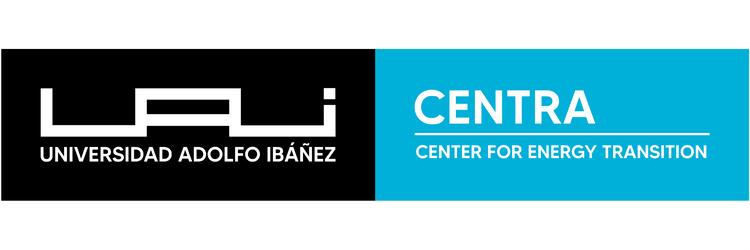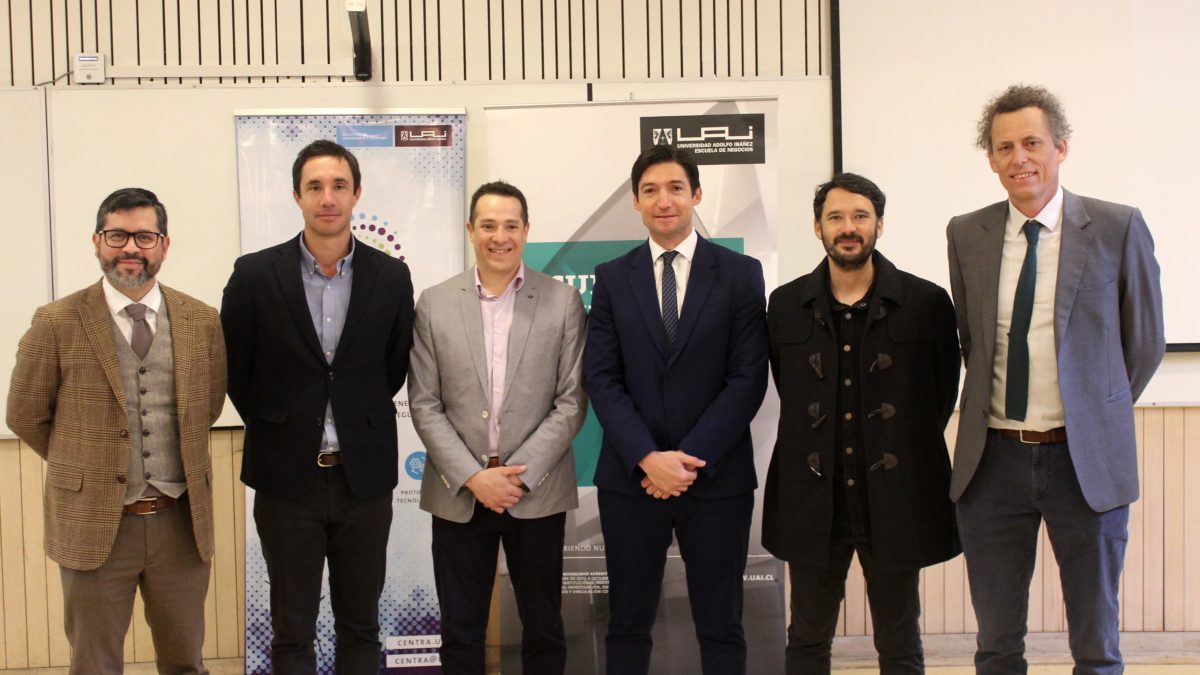Launch of the CENTRA-EDF Chile Research Chair
August 23, 2024
The research project will focus on exploring solutions for a more efficient and sustainable energy system, with an emphasis on energy storage.
In a ceremony attended by leading academics, industrial leaders and government representatives, the Faculty of Engineering and Sciences and the Business School of Adolfo Ibáñez University (UAI), in collaboration with EDF Chile, launched a research project that will focus on the development and implementation of Long-Duration Energy Storage Systems (LDES) in the National Electric System, a key technology for the transition to a 100% renewable electrical system in Chile.
The project, called the CENTRA-EDF Chile industrial research chair, will focus, in a comprehensive manner, on the technical, economic and regulatory challenges involved in the adoption of LDES in Chile, proposing methodologies, regulatory improvements and market models that adequately reflect the value that LDES bring to the system, thus facilitating private and public investment in this key technology.
With this, the CII CENTRA-EDF Chile seeks to contribute to the debate and formulation of technical-regulatory policies and strategies that allow a harmonious integration of these technologies in the electricity market with a clear long-term objective: to advance towards a 100% renewable, resilient and efficient Chilean electrical system, marking a path to follow for other nations in their journey towards energy sustainability.
Claudio Seebach, dean of the Faculty of Engineering and Sciences at the UAI, stressed the importance of this initiative: “This alliance represents a strategic collaboration between academia and industry to face the challenges of the energy transition. Our objective is to support and contribute to the adoption of energy storage technologies, thus promoting investment in sustainable solutions.”
These technologies, which include solutions such as pumped storage, compressed air, gravitational storage, flow batteries and Power-to-X technologies, are essential to manage the variability and uncertainty of renewable sources on different time scales.
Juan Carlos Jobet, dean of the UAI Business School, said “our commitment and contribution is to train business leaders capable of identifying the opportunities generated by the energy transition, considering the transformation of the global economy towards more sustainable and innovative ways of operating.”
For his part, Joan Leal, CEO of EDF Chile, commented that “this project seeks to strengthen Chile’s capacity to integrate renewable energies and position the country as a global leader in energy storage technologies. The objective is to contribute to the discussion of public policy, proposing legal and regulatory changes that allow the design of the Chilean electricity market to be adapted to a system with no net CO2 emissions by 2050.”

